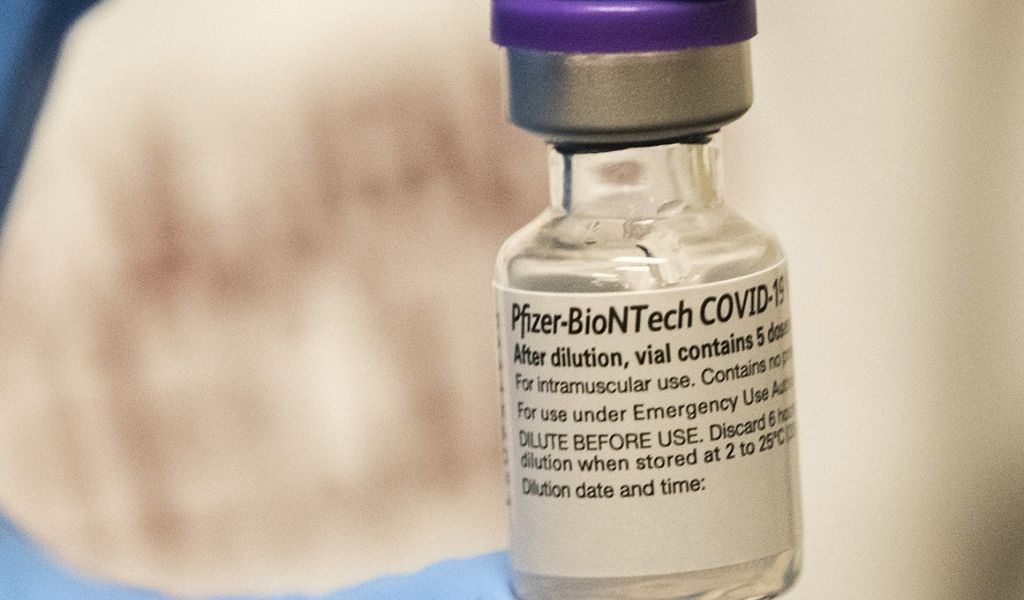
Pfizer-BioNTech Vaccine To Only Be Administered For Select Groups of People In The Male’ Area
Whereas Maldives have received 5850 doses of the Pfizer-BioNTech vaccine through the COVAX Facility earlier, Health Protection Agency (HPA) on Thursday, has announced that the vaccine will only be administered to those who are 16 years or older falling under the high-risk category, such as those who are immunocompromised, or are taking long term medications. People of old age will also be considered.
As detailed out by the Authority, people that will be considered as high risk are those who have undergone an organ transplant, persons who are subject to regular dialysis, persons who are doing chemotherapy or radiotherapy, persons receiving treatment with immunosuppressant drugs including patients on steroid treatment equivalent to prednisolone at a dose of greater or equal to 10 mg per day for more than 1 month. Immunosuppressant drugs include Methotrexate, Leflunomide, Mycophenolate, Tacrolimus, Cyclophosphamide, Cyclosporine, Azathioprine and Biologics such as Rituximab, Tocilizumab, Infliximab, Tofacitinib.
In addition to these categories, people who have diabetes, are thalassemia majors, people with sickle cell anemia, people with down syndrome, chronic lung diseases such as cystic fibrosis and bronchiectasis and those will with severe congenital heart disease that have no undergone surgical correction will also be considered for the vaccine.
Whilst both doses will be administered from what is already in stock, HPA has opened registrations for people under these categories for the administration of the vaccine. You can complete your registration through this link.
The Pfizer-BioNTech vaccine is developed by Pfizer Inc., one of the world’s largest biopharmaceutical companies, and BioNTech, a German biotechnology company. The vaccine works by introducing a molecule to cells, known as messenger RNA (mRNA). This molecule teaches cells to make a protein from the virus that causes COVID-19 The body detects this protein and triggers an immune response. Based on evidence from clinical trials, the vaccine was 95% effective at preventing laboratory-confirmed COVID-19 illness in people without evidence of previous infection.